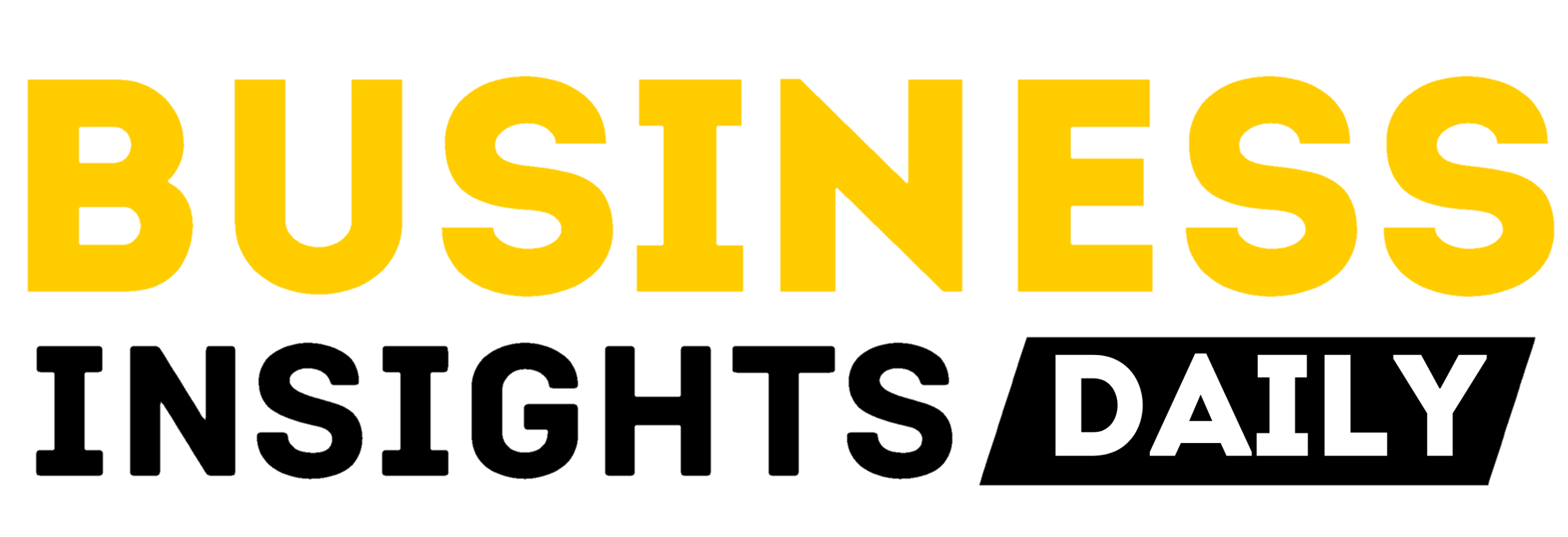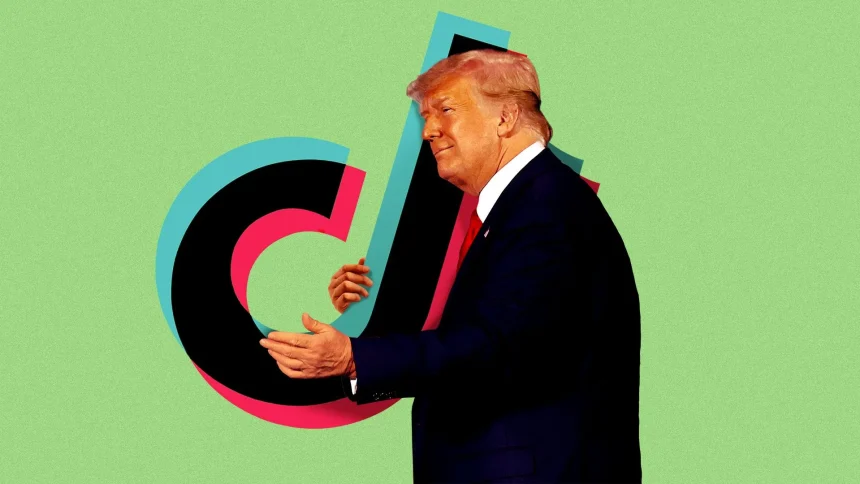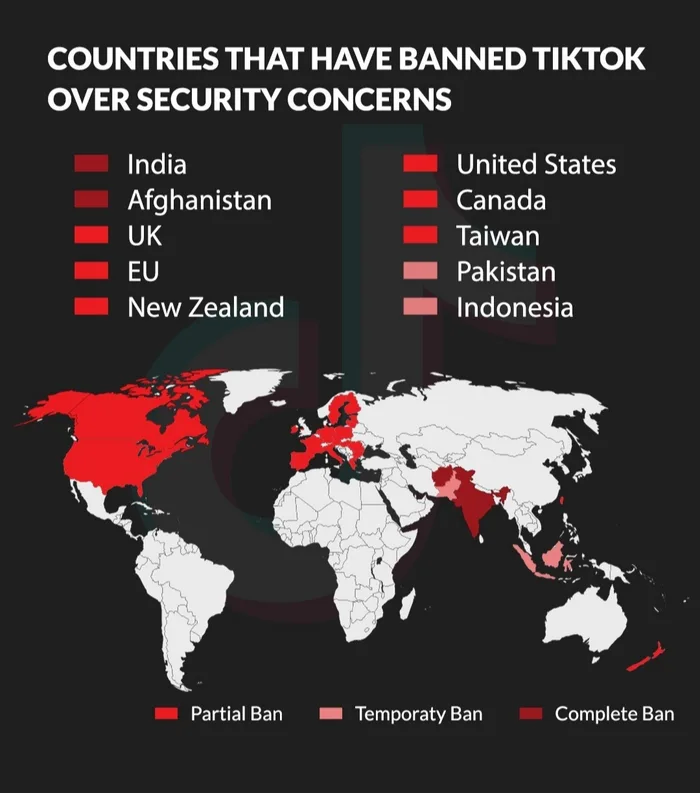TikTok’s survival in the U.S. now rests in the hands of the Supreme Court, with Donald Trump stepping in for one last-ditch legal challenge. As a critical deadline looms, Trump’s legal team is pushing to block a looming ban on the app, claiming he’ll tackle the issue politically when he returns to office.
As the clock ticks toward a January 19, 2025 deadline, the stakes couldn’t be higher for the 150 million American users who rely on TikTok for business, entertainment, and expression.
TikTok’s Fate and Survival
A law signed by President Joe Biden demands that ByteDance, the app’s Chinese parent company, divest its U.S. operations by January 19, 2025 or face a nationwide ban. This critical deadline falls just one day before Donald Trump’s expected return to the Oval Office, setting the stage for a high-stakes battle with the potential to define the next chapter of digital governance. This isn’t just a corporate skirmish; it’s a showdown that could determine the future of digital freedoms across the globe.
The drama deepens when you consider the stunning twist in Trump’s position. Once the driving force behind efforts to ban TikTok over national security concerns, Trump now finds himself embracing the platform he once condemned. TikTok has become more than just an app it’s an American cultural phenomenon. From viral trends to billion-dollar business deals, it has cemented its place as an essential tool for creators, entrepreneurs, and influencers. Even Trump himself, now with 14.7 million TikTok followers, has turned to the platform to amplify his political voice. His sudden change in stance only adds to the stakes as the legal battle unfolds.
Related: U.S. Treasury Secretary Jenat Yellen Warned, U.S. Could Hit The Debt Limit Before The January End
National Security vs. Data Privacy
At the heart of the debate lies the contentious issue of national security. U.S. lawmakers continue to accuse TikTok of being a Trojan horse for the Chinese government, citing a 2023 Senate report that raises alarms about the app’s ability to collect sensitive user data everything from location and browsing history to device information.
ByteDance denies any connection to Beijing, asserting its compliance with U.S. privacy laws, the fear persists. Critics of TikTok counter that its data practices are no different from those of U.S.-based platforms, which gather similar information. This has sparked broader questions about whether the real issue is Chinese ownership or the lack of comprehensive data privacy regulations in the United States.
Economic Fallout for Businesses and Creators
For millions of American creators, entrepreneurs, and small business owners, TikTok is more than just a platform it’s a lifeline. According to a 2023 National Retail Federation survey, 67% of small businesses reported a significant increase in revenue thanks to TikTok. Jessica Morgan, a small business owner in Los Angeles, shared the impact on her business:
“TikTok is the reason my business survived the pandemic. If it’s banned, I lose everything I’ve built.”
This sentiment echoes across countless other businesses that rely on the platform to reach new customers and generate income in a world where traditional marketing methods fall short. The economic toll of a TikTok ban would be devastating, not just for small businesses but also for the millions of users who have built careers around the platform.
Global Ramifications
The global ramifications of this dispute are impossible to ignore. The U.S. decision on TikTok will undoubtedly set a precedent for how governments around the world handle foreign-owned tech platforms.
Related: Osamu Suzuki, Former Chairman of Suzuki Motor Corporation, Passes Away At The Age Of 94
India’s 2020 TikTok ban, citing security risks, serves as a cautionary tale, while the European Union continues to scrutinize the app’s adherence to its strict data privacy regulations. The stakes are no longer confined to American borders; they are a global issue that will shape international tech policy for years to come.
A Battle for the Future of Digital Freedom
As the Supreme Court prepares to hear arguments on January 10, 2025, the future of TikTok hangs by a thread. This isn’t just about one app it’s a battle that will determine how much control governments have over the digital landscape. The outcome will set a precedent for tech regulation, national security, free speech, and privacy in the digital age.
If the U.S. chooses to ban TikTok, it could mark the beginning of a dangerous shift where national security concerns justify sweeping digital censorship. The stakes are higher than ever—millions of livelihoods, creative freedoms, and economic opportunities are on the line. The digital world may never be the same again.
As the Supreme Court prepares to decide, the stakes couldn’t be higher. Will the U.S. prioritize security over freedom, or can innovation and regulation coexist? The battle for TikTok is just the beginning.










